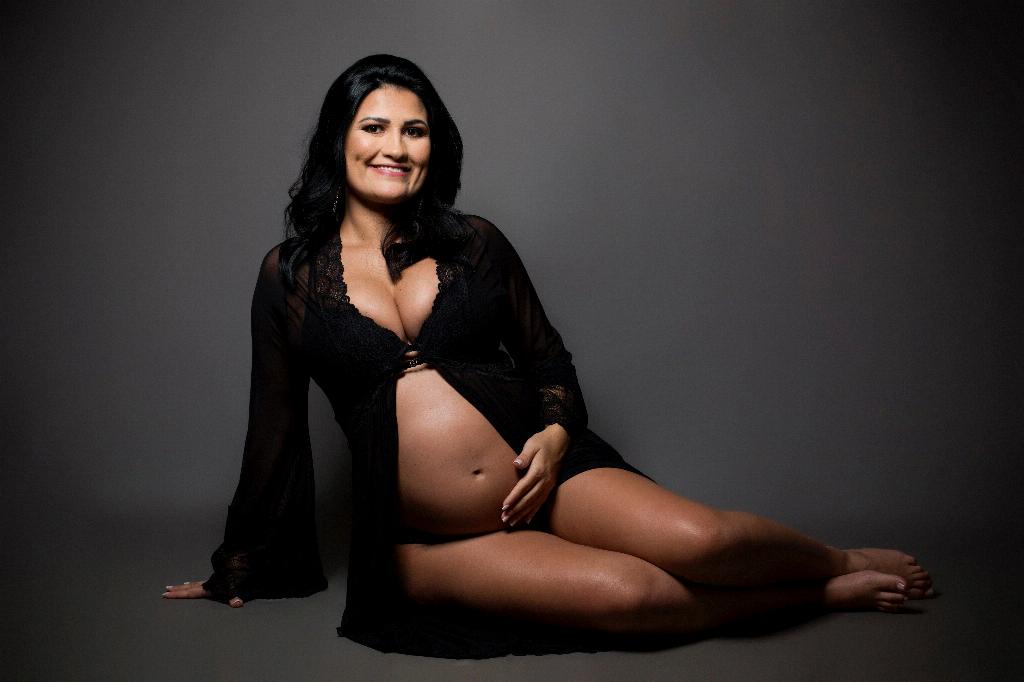When it comes to understanding the percentage of getting pregnant, it is crucial to consider various factors that can impact fertility rates. A woman’s age plays a significant role in determining her chances of conceiving each month. In general, a woman in her early to mid-20s has a 25-30% chance of getting pregnant every month. This percentage, however, starts to decline as a woman enters her 30s.
Impact of Age on Fertility
As a woman progresses into her early 30s, the fertility rate begins to slowly decrease, and by the age of 35, the decline speeds up, affecting the chances of conception. By the time a woman reaches 40, the likelihood of getting pregnant in any given monthly cycle drops to around 5%. This decline in fertility rates with increasing age is a natural phenomenon that occurs due to various biological factors.
Factors Affecting Pregnancy Rates
Aside from age, there are several other factors that can influence the percentage of getting pregnant. Health conditions such as polycystic ovary syndrome (PCOS), endometriosis, and thyroid disorders can impact fertility. Lifestyle factors such as smoking, excessive alcohol consumption, and poor diet can also play a role in reducing the chances of conception.
Diagnostic Tests and Treatments
For couples struggling with infertility, various diagnostic tests can be conducted to determine the underlying causes of difficulty in conceiving. Depending on the diagnosis, treatments such as fertility medications, intrauterine insemination (IUI), or in vitro fertilization (IVF) may be recommended to improve the chances of getting pregnant.
Emotional Impact of Infertility
Dealing with infertility can take a toll on couples emotionally, as the desire to start a family may be met with challenges. The emotional rollercoaster of trying to conceive, coupled with the disappointment of unsuccessful attempts, can be overwhelming. Seeking support from healthcare professionals, counselors, or support groups can be beneficial for couples going through this challenging journey.
Importance of Lifestyle Choices
Making healthy lifestyle choices can positively influence fertility rates and increase the chances of getting pregnant. Maintaining a balanced diet, engaging in regular exercise, managing stress levels, and avoiding harmful substances can all contribute to optimizing fertility and overall reproductive health.
Consulting a Fertility Specialist
If a couple has been trying to conceive for an extended period without success, it may be advisable to consult a fertility specialist. A reproductive endocrinologist can conduct a thorough evaluation, provide insights into potential fertility issues, and recommend appropriate treatments to enhance the likelihood of pregnancy.
Alternative Approaches to Parenthood
For couples facing challenges with fertility, exploring alternative approaches to parenthood such as adoption or surrogacy can be viable options. These paths can offer the opportunity to fulfill the dream of starting a family and experiencing the joys of parenthood, even in the absence of biological conception.
Support Systems for Couples
Building a strong support system is crucial for couples navigating the complexities of infertility. Open communication, mutual understanding, and emotional support from loved ones can help alleviate the stress and anxiety associated with fertility struggles. Connecting with others who have undergone similar experiences can also provide valuable insights and encouragement.
Hope and Resilience
While facing challenges with fertility can be daunting, maintaining a sense of hope and resilience is essential. Keeping a positive attitude, staying informed about available fertility treatments, and remaining proactive in seeking solutions can help couples stay motivated on their journey to parenthood.
Final Thoughts
In conclusion, the percentage of getting pregnant varies based on several factors, with age being a key determinant of fertility rates. Understanding the impact of age, lifestyle choices, and potential fertility issues is crucial in navigating the complexities of conception. By seeking support, exploring treatment options, and staying resilient, couples can empower themselves on their quest to achieve the dream of parenthood.

